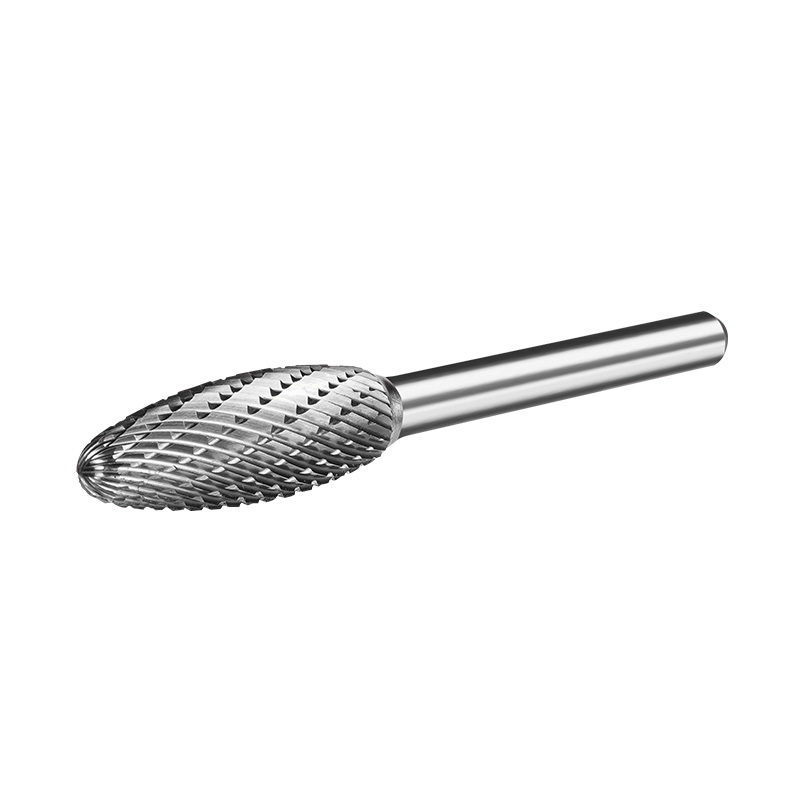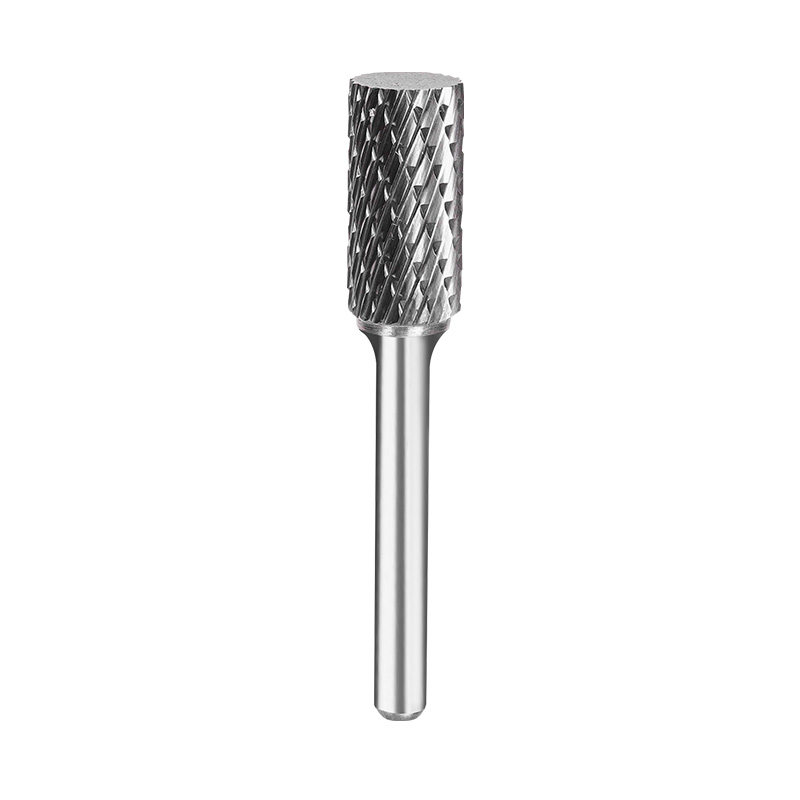Aluminum, known for its light weight and machinability, presents unique challenges and opportunities in machining. When it comes to shaping, deburring, and finishing aluminum components, rotary burrs offer several advantages. A rotary burr for aluminum is specifically designed to handle the material's properties effectively, providing a outstanding solution for various machining tasks.
One of the main advantages of rotary burrs is their ability to deliver precise and clean cuts. Unlike traditional grinding or filing methods, rotary burrs can efficiently remove material without causing excessive heat buildup or material deformation. This is particularly important when working with aluminum, as maintaining the material's integrity is crucial for achieving high-quality finishes.

Carbide burr bits for metal are renowned for their durability and cutting performance. Carbide is a material known for its hardness, which makes it an outstanding choice for cutting through tough materials. When it comes to aluminum machining, carbide burr bits offer several benefits, including longer tool life and consistent cutting performance.
The hardness of carbide burr bits ensures that they maintain sharp edges even after extensive use. This is essential for aluminum machining, where precision and reliability are required. The longevity of carbide burr bits reduces the need for frequent tool changes, resulting in lower operational costs and improved productivity.
Moreover, carbide burr bits are designed to handle the demands of high-speed machining. They provide efficient material removal and can be used in various rotary tools, enhancing versatility and performance. This capability is particularly beneficial in applications requiring quick and precise operations, such as in automotive and aerospace industries.

A burr bit set is an invaluable tool for machinists working with aluminum. These sets typically include a range of burr shapes and sizes, providing flexibility for different tasks. For instance, a burr bit set might include cylindrical, conical, and ball-shaped burrs, each designed for specific applications such as deburring, contouring, or surface finishing.
Having a variety of burrs in a single set allows for greater precision and efficiency. Machinists can select the appropriate burr bit for the task at hand, whether it's removing sharp edges, creating complex shapes, or achieving a smooth finish. This versatility ensures that the right tool is available for every aspect of aluminum machining, cause improved results and reduced setup time.
Rotary burrs are widely used in various industries for aluminum machining. In the automotive industry, for example, rotary burrs are employed to deburr castings, clean up welds, and refine engine components. The ability to achieve precise finishes and remove material efficiently makes rotary burrs essential tools for maintaining high standards of quality in automotive parts.
In aerospace manufacturing, rotary burrs are used to process aluminum components that require exact dimensions and smooth surfaces. The lightweight nature of aluminum, combined with the precision of rotary burrs, contributes to the creation of high-performance aircraft parts and structures.
The manufacturing sector also benefits from the use of rotary burrs for aluminum. From creating intricate designs to finishing parts for consumer products, rotary burrs help achieve clean cuts and polished surfaces. The efficiency and effectiveness of rotary burrs in these applications highlight their importance in modern manufacturing processes.
When comparing rotary burrs to other cutting tools, their advantages become evident. For instance, traditional files and grinders can be less efficient and may not offer the same level of precision as rotary burrs. Files may require more manual effort and time, while grinders can generate excessive heat and cause material distortion.
Rotary burrs, on the other hand, provide a more controlled cutting action. The rotary motion allows for consistent material removal and finer finishes, reducing the need for additional finishing work. This precision is particularly beneficial when working with aluminum, where maintaining the material's properties is essential.
Rotary burrs offer significant advantages for aluminum machining, including precision, efficiency, and durability. Their ability to handle the specific challenges of working with aluminum makes them a valuable tool in various industries.